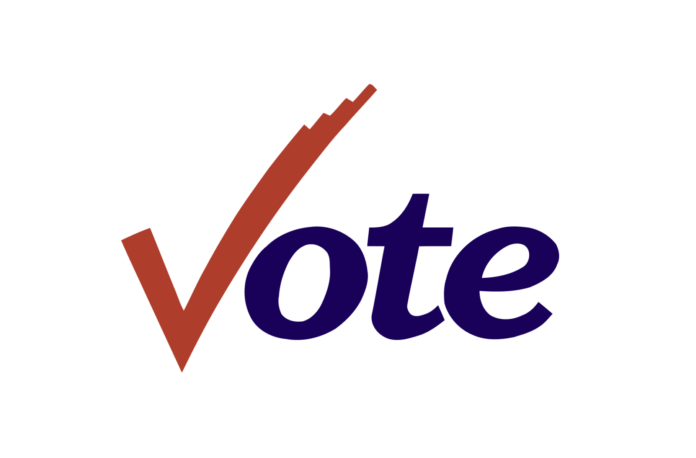Dear Editor,
Today, Florida has a closed primary system where a voter must be a member of the Democratic or Republican party to vote in a primary. There are currently 3.6 million Florida voters, of which over 1 million are people of color, who can not participate because they prefer not to join a political party. Nothing in the Constitution nor any law requires citizens to register with a political party in order to exercise their right to vote. The result is that millions of Florida voters are disenfranchised under the current system and many consider this voter suppression.
On your ballot is Amendment 3 which would eliminate Florida’s current closed primaries at the state level. Instead, Florida would adopt an open primary system in which all registered voters would be able to vote for any candidate in a statewide legislative, gubernatorial or cabinet race. The top two vote-getters in those races would advance to the general election, regardless of political affiliation.
In open primaries, the parties will no longer control which primary candidates advance to the general election. The voters will. If two candidates in the general election are from the same party it is because that was the will of the voters. Since all voters are allowed to vote in open primaries, no voters are disenfranchised
Taxpayers, including Independent voters, pay for the closed primaries which limit Republicans to voting only for Republican nominees and Democrats only for Democrats. That’s not fair. In open primaries the taxpayers would fund one primary in which all voters may vote for any candidate of their choice regardless of political affiliation. Parties can still have their closed primaries – they will just have to pay for them.
A group called People Over Profits alleges that Amendment 3 may not be good for Black candidates. A paid political operative and past Democratic Party candidate for elective office, with no academic experience in elections, organized a handful of aligned groups which already opposed Amendment 3 to support his findings. There remains to this day no independent vetting of his hypothetical allegations. Unfortunately there are groups, such as the Democratic Party and the League of Women Voters, that have used this flawed analysis to oppose Amendment 3.
Open Primaries are actually good for minority candidates and here is the data. Eight years after this system was implemented in California, the Black Legislative Caucus had increased by 50% and the Hispanic Caucus had increased by 25%. Plus, voter approval of the Legislature went from 14% to 42%.
In open primaries the parties are still participants, but they are not gatekeepers. They won’t get to decide who can and cannot vote in primaries and they won’t control the general election ballot. Those who support Amendment 3 are pro-voter and those who oppose it are pro-party.
The bottom line: let all voters vote in the primaries. Let us give 3.6 million voters, with no party affiliation, their right to vote by voting yes on Amendment 3.
Brenda Carr, Key Largo


























